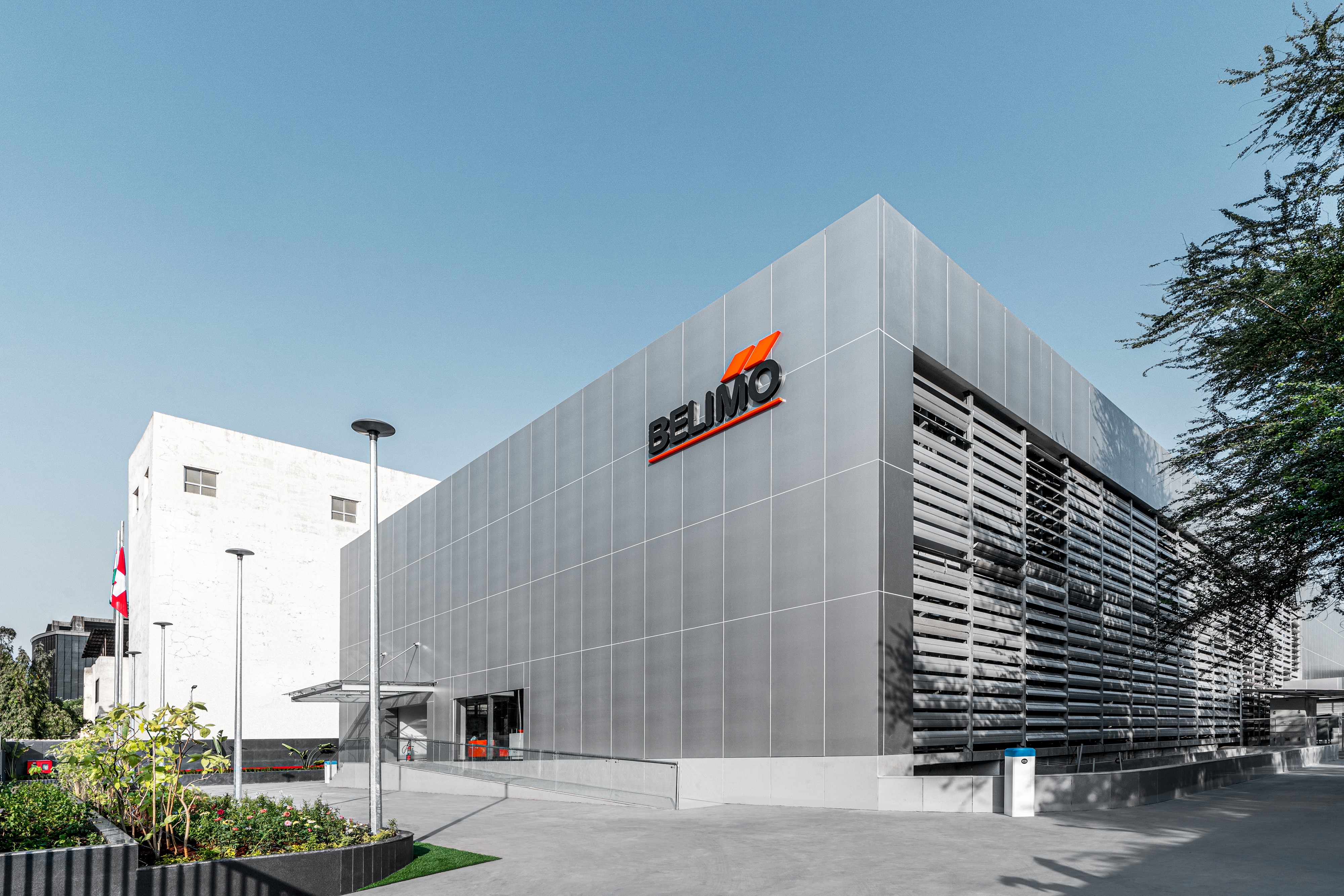Operational Excellence
Partnership with Suppliers
Belimo views its suppliers as key partners, and the most critical element of its asset-light model.
Highly Externalized Production Costs
Partnerships with suppliers are critical for Belimo to uphold its customer-oriented flexibility and deliver high-quality field devices that arrive on schedule. Especially in challenging times, these long-term partnerships are essential for high product availability. The supplier network is also crucial for maintaining our asset-light model.
Belimo sees its suppliers not only as providers of parts and assemblies, but also as key partners when developing specifications for products or services. This means they contribute significantly to the Company’s innovative capacity, as they help to fulfill end-users’ needs while cost-effectively meeting and exceeding mandates.
Mastering another Challenging Year
Procurement by Region
During the reporting period, the Company’s network of 400 suppliers exhibited its strength by mastering a very challenging supply chain management situation. 2022 was marked by material shortages in almost every category, shortages in the availability of transportation capacity (find out more here), and increasing costs of materials, services, and transportation due to the tight availability situation in the market.
Key projects for improving supplier integration are in planning, i.e., to improve process and data exchange between Belimo and suppliers, forecasting, and proof of origin. The newly introduced concept of remote audits of well-known suppliers and already audited ones was employed for a substantial part of the 40 audits in 2022.
The main instruments for establishing new supplier relationships, and for evaluating existing ones, are audits, risk management, and category management. Suppliers are expected to grant Belimo full transparency to enable risk assessment. This can mean access to relevant financial records or evidence of adherence to standards, such as Belimo quality standards or safety standards, as well as showcasing the ability, availability, and capacity to work on projects.
Belimo strives for an active partnership with its suppliers’ workforces, helping to develop their manufacturing processes to ensure long-term success. The ultimate ambition of the Company’s supply chain strategy is to engage suppliers that mirror its culture and match its growth, establishing relationships characterized by trust and honesty.
Once a collaboration has been established, Belimo looks primarily for suppliers that experience healthy profits, as this demonstrates their capability to innovate and invest in state-of-the-art, environmentally friendly technologies.
We audit about 10% of our suppliers every year, focusing on A, B, and special part suppliers (they are categorized on the basis of procurement volumes and/or their strategic importance). We take on between one and five new suppliers each year who are then subjected to initial audits, while at the same time gradually screening out non-compliant ones. Approximately 60% of our purchasing volume is sourced from suppliers with whom we have worked with for more than twenty years. On average, we have maintained relationships of more than ten years’ standing with approximately two third of our suppliers.
To measure the success of how we manage the partnerships with our suppliers, we keep track of the following key performance indicators:
- Percentage of external production costs.
- Material expenses (including changes in inventories) in % of net sales.
- Threshold of Belimo sales for each supplier.
- Net sales per employee.
- Average duration of collaboration with a supplier.
- Number of supplier complaints (see Quality First).
- Number of audited suppliers per year (in % of total suppliers).
- Total number of suppliers.
- Procurement volume by main material groups.
- Procurement volume by region.
- Number of supplier-induced quality cases.
- Production cost ratios in final assembly, testing, and customizing.


